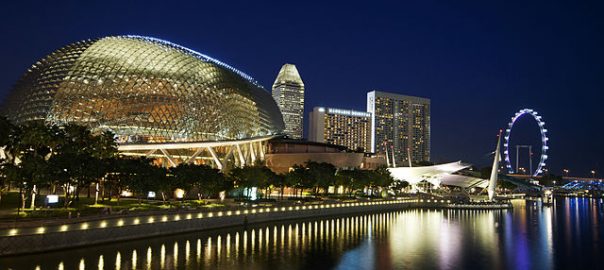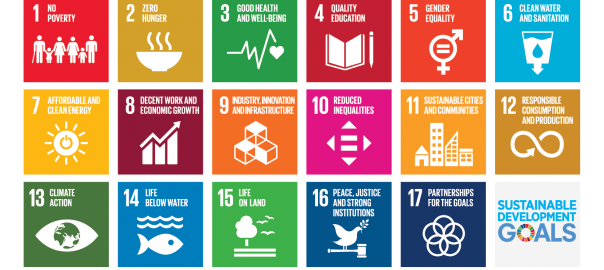If cities are to overcome the numerous challenges they are currently facing, including disasters, then it requires an array of sustainable techniques, methods and approaches for managing them. Cities are robust, often resilient but also fragile in the wake of perplexing environmental problems, such as climate change.
To clarify things a bit – hazards themselves are not disasters until they harm or eliminate life. A large-scale asteroid impact is most certainly a hazard but it will not be a disaster unless it harms life or damages the processes that support it. Earthquakes and flood hazards may be potentially disastrous but only in reference to the living things they are at risk of destroying.
The good news about disasters is that while they are not always preventable, it is possible to reduce their impacts through human means. In this geological epoch, climate change will persist regardless of human intervention, but its future impacts remain an open question – and humans have a strong role to play.
The people involved are as, if not more important, than the technical and scientific tools employed. Now is the time for cities to move forward in using the many available tools for improving cities, some of which are created and demonstrated through publicly-funded research. Continue reading Tools for making cities better prepared for disasters

